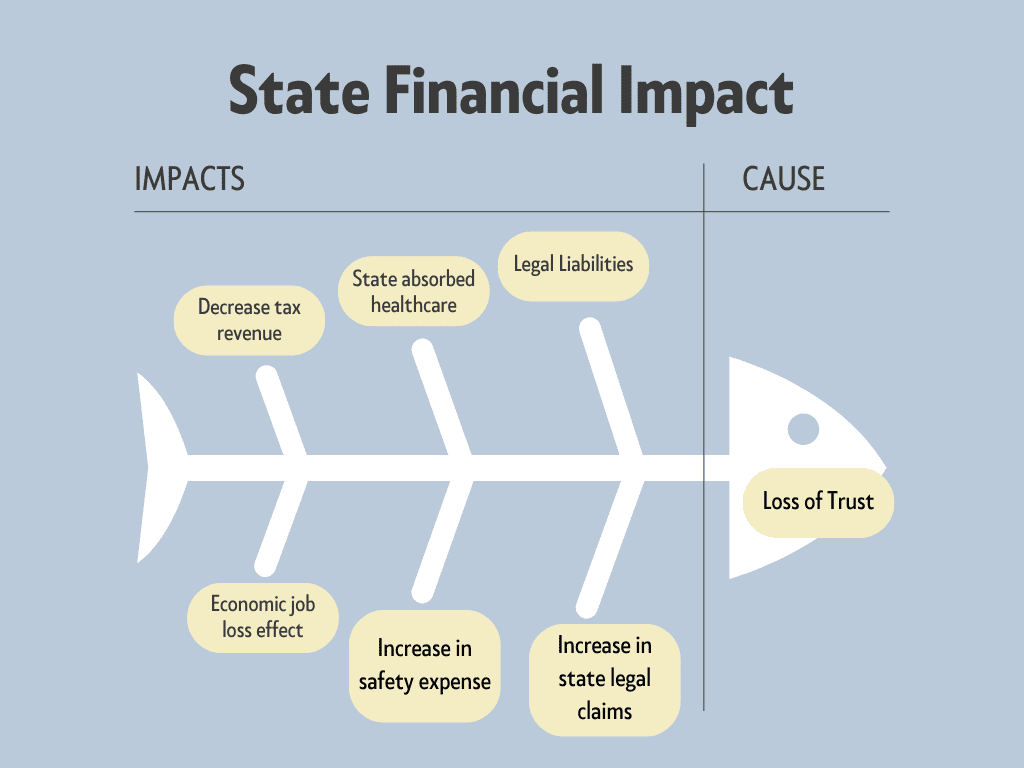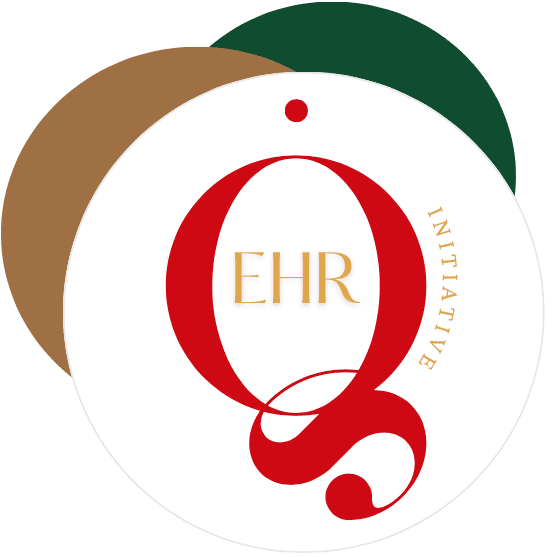Professionals are currently limited in the services and treatments they can provide clients based upon already existing, already defined scopes of practice that often fall well outside of the lines for what clients need to be properly cared for. These treatments, techniques, and services are often NOT taught within the already existing regulated curriculum as professionals technically “shouldn’t be performing them”. Outside of this educational initiative, there are no quality competent checks and balances on the education for these services available for non-licensed healthcare professionals.
Educational Absence Collapsing Trust of an Industry
Lacking educational requirements not only hurts practitioners and patients, but also erodes public trust in the entire field. To reverse this trend, we need to invest in high-quality educational resources and create a culture of continuous learning for professionals in this industry. The longer we wait, the harder it will be to recover.
Healthcare professionals, witnessing these issues, become wary of collaborating with colleagues who may not possess the requisite expertise. Similarly, partners and allied stakeholders, from insurance companies to regulatory bodies, lose confidence in the industry's ability to uphold safety standards. This erosion of trust threatens the industry's long-term sustainability and growth.
Financial impact to states from losing trust in healthcare

